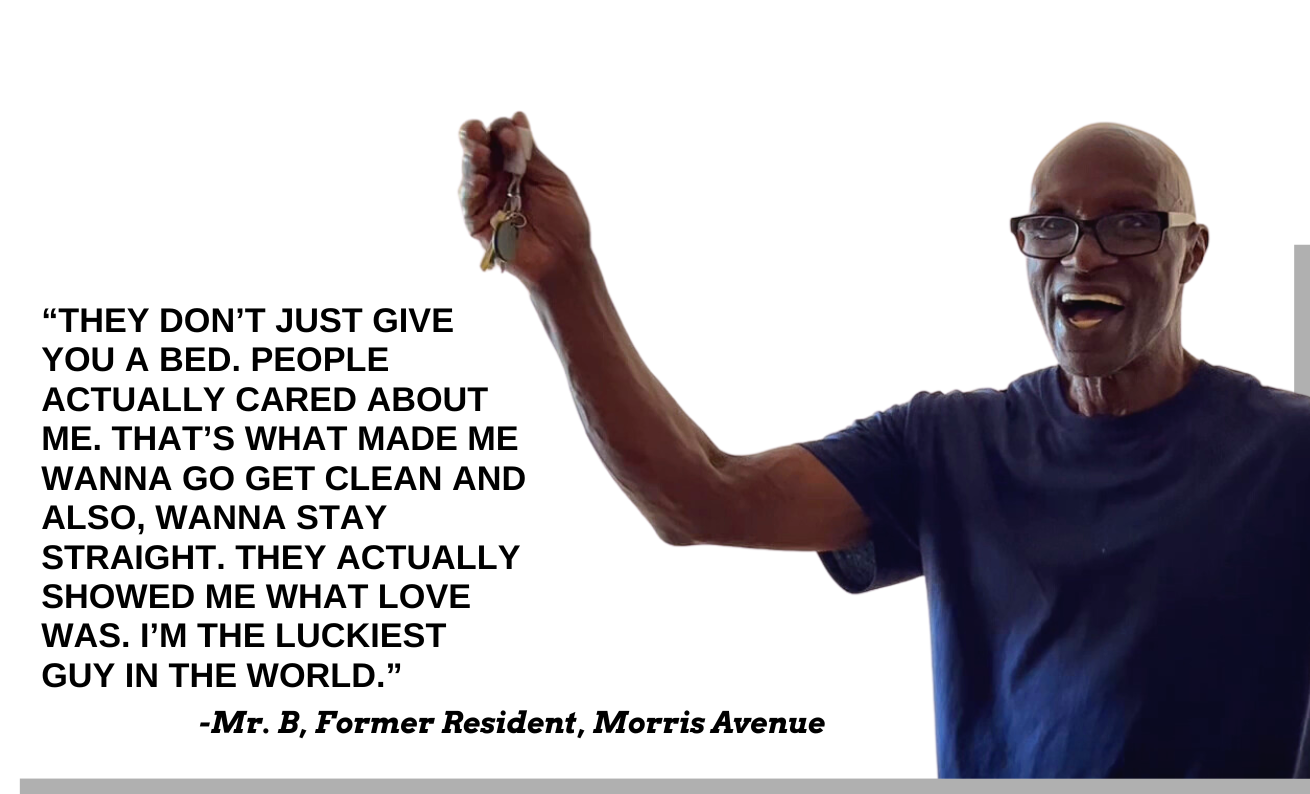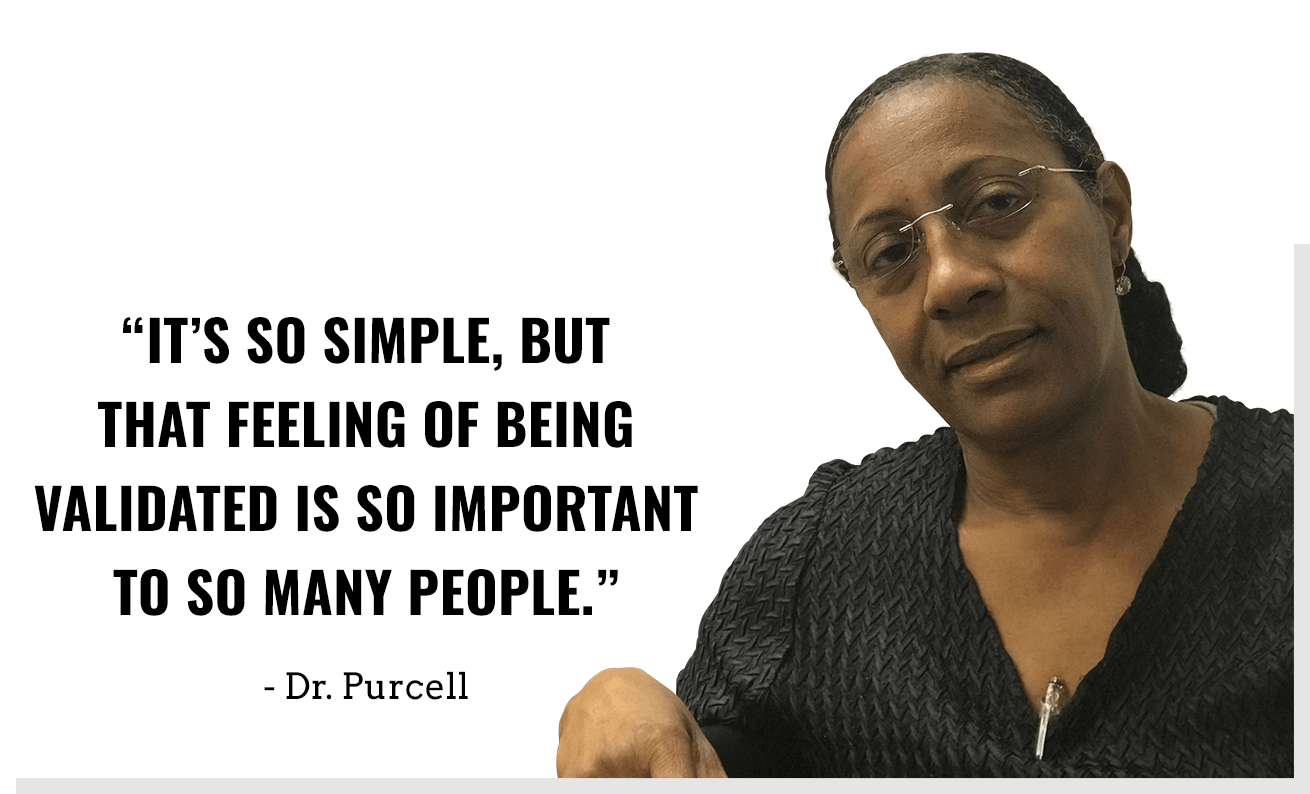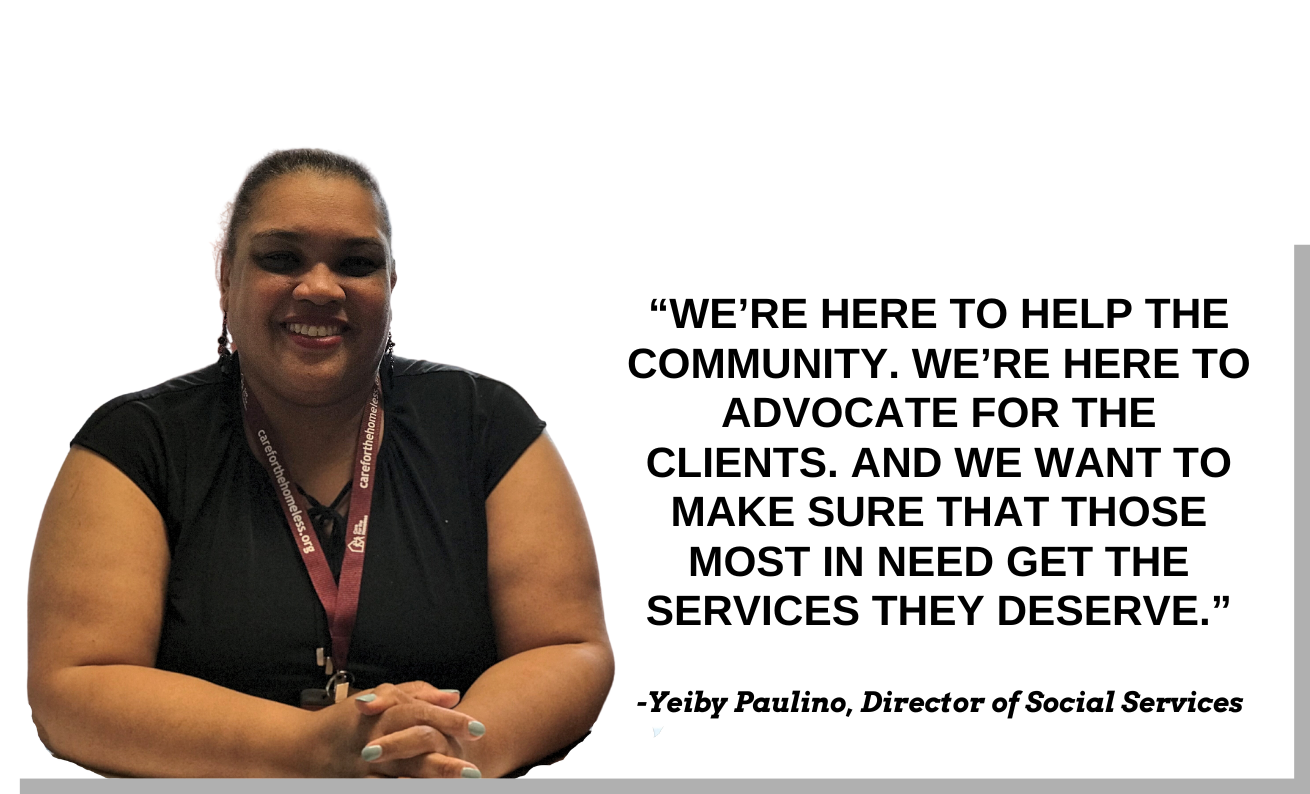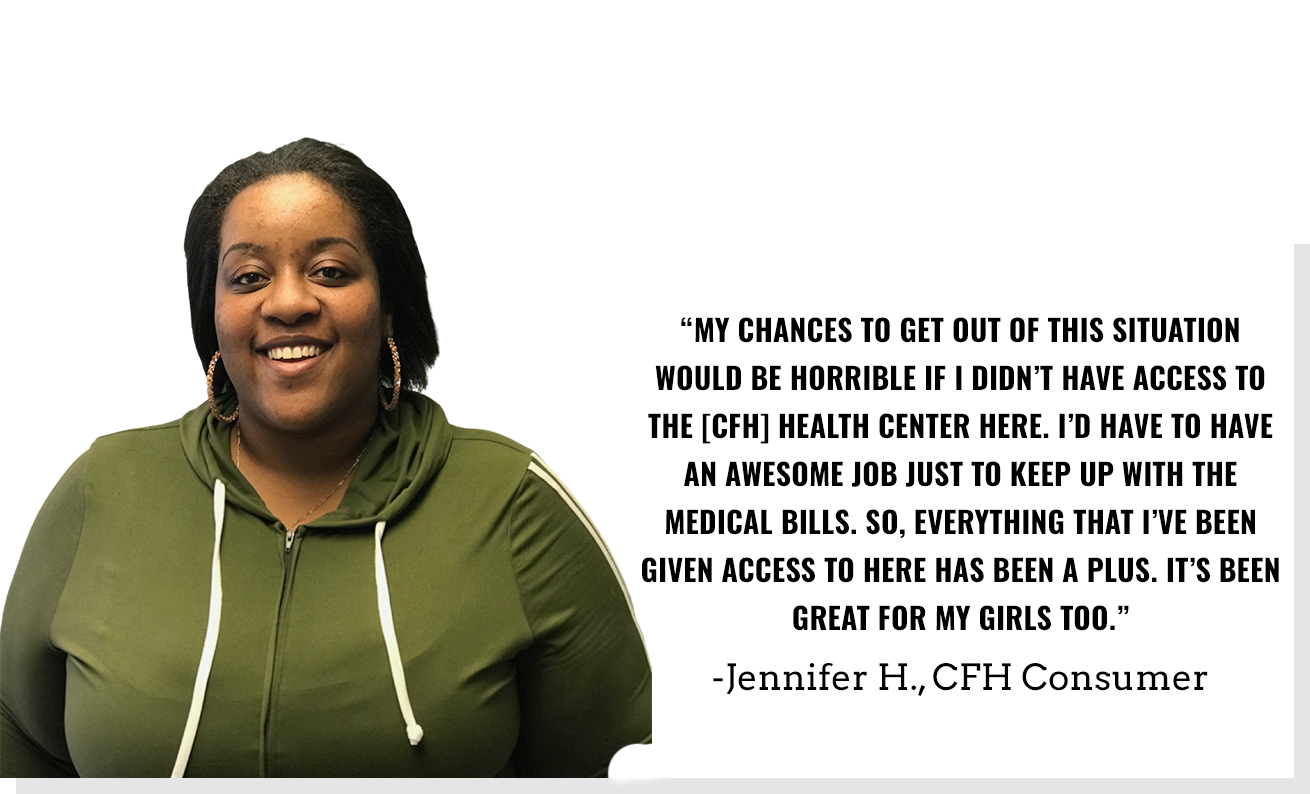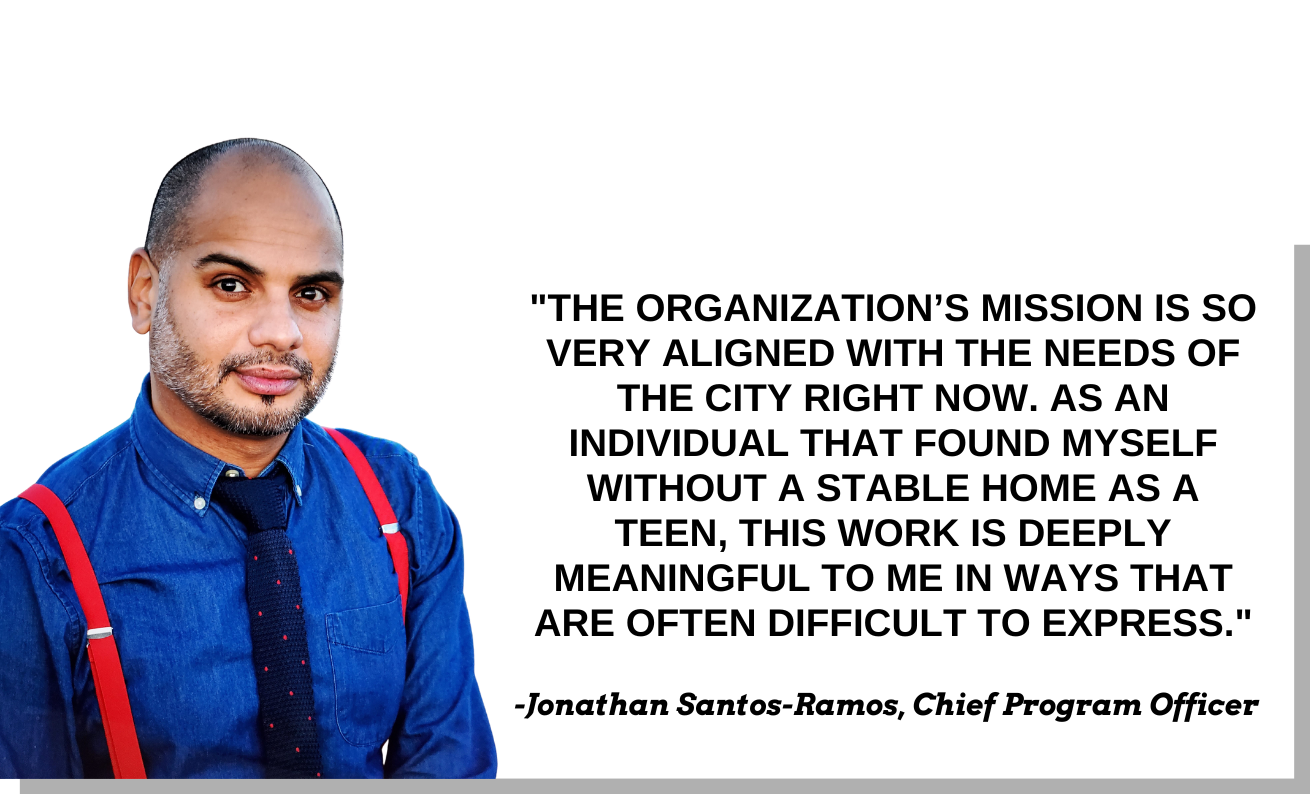Addressing Disparities
Observing Black History and Heart Health Month, and addressing the relationship between the two.
February marks the annual observations of both Black History and Heart Health month. From the outside looking in, these two topics might seem unrelated. However, as a health care provider exclusively serving homeless and unstably housed New Yorkers, they could not be more intertwined at Care For the Homeless (CFH).
Hypertension, or high blood pressure, is the number 1 most treated medical condition across all CFH health centers. In both 2019 and 2020, nearly a quarter of all patients were treated for high blood pressure. What’s more, well over half of all patients who experienced high blood pressure in those years, identified as Black/African American.
Why the Disparity?
Homelessness itself disproportionately affects Black/African American communities across the United States. Even through a lens as specific as ours – homelessness in New York City – this is true. In 2020 alone, nearly half of all our patients identified as Black/African American.
This disparity is caused by a multitude of different factors. Barriers to high quality health care, including a history of mistreatment that continues to instill mistrust; decades of discrimination, preventing Blacks and African Americans from acquiring real estate to build generational assets; securing jobs that provide financial security; and lack of affordable housing are just a few of the many factors that play a role. However, they all also fall under the umbrella of systemic racism.
Racism and Health
The connection between racism, health, and homelessness is a dense and complex topic, and deserves its own series of articles. The remainder of this piece will focus on heart health specifically. However, we invite you to explore the many pieces we’ve curated on this important subject.
Racism and Health: Evidence and Needed Research
Breaking the Cycle: Policy Webinar
The Prevalence of Hypertension
High blood pressure is a chronic condition. What’s more, it doesn’t show symptoms immediately or sometimes, at all.
People experiencing homelessness often prioritize food and shelter above all else – health care included. As a result, it is easy for chronic conditions like high blood pressure to worsen over time. CFH providers have met patients with hypertension that has been untreated for over 10-years.
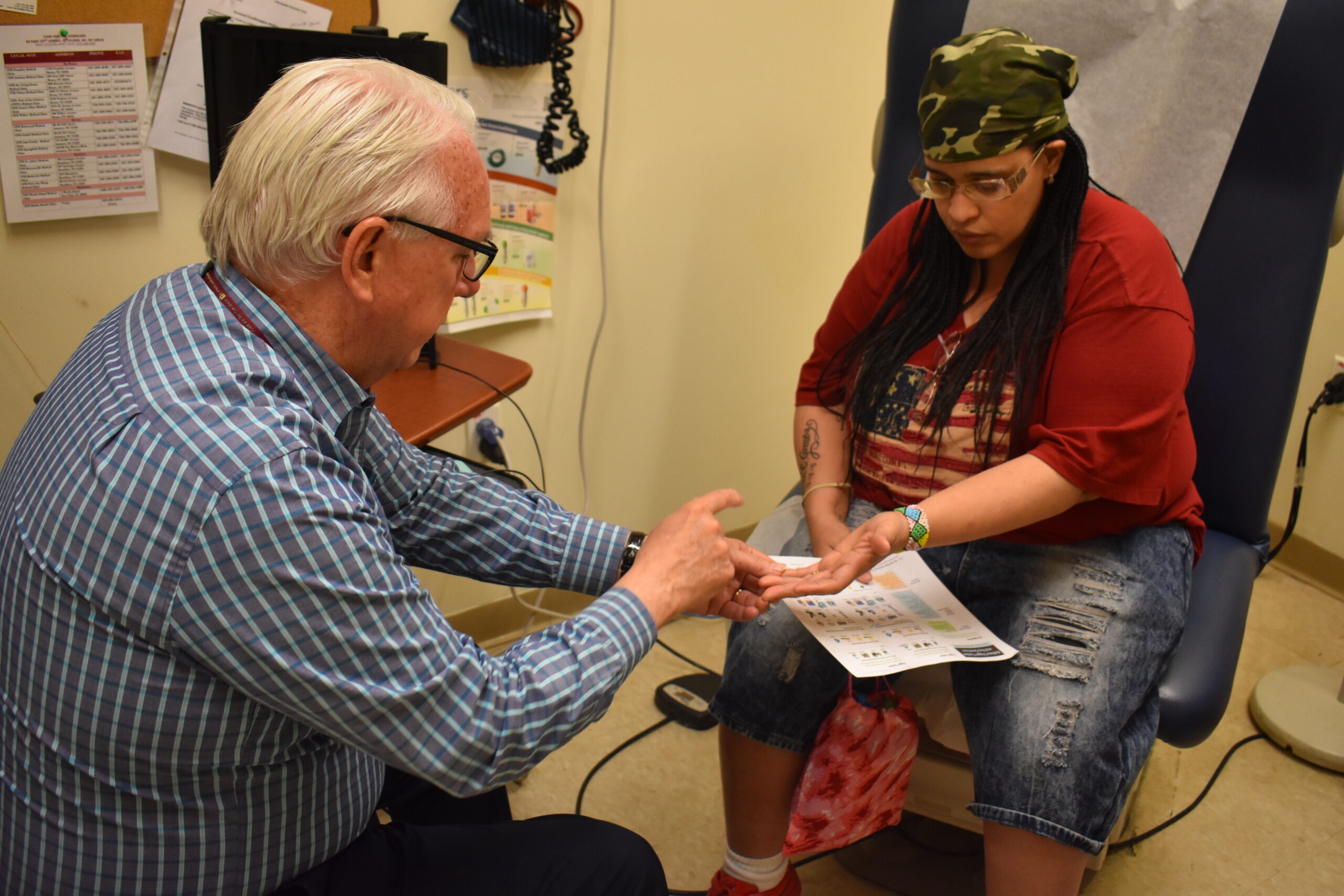
This is exacerbated by the fact that people experiencing homelessness don’t always have access to high quality health services due to location, transportation, and costs. Moreover, the food sources they do have access to aren’t always the most nutritional or affordable.
These are only a few of the many social determinants that can lead to poor heart health.
Addressing the Disparity
Through our co-located, open access, and community-based health centers, our providers work hard to help patients diagnosed with hypertension achieve blood pressure control. In both 2019 and 2020, more than half of all CFH patients achieved blood pressure control – a significant accomplishment for these individuals.
It’s also significant to note that within that group, well over half identified as Black/African American.
So, while we still have work to do, the work that’s been done clearly illustrates the importance of widely accessible, high-quality health care.
How You Can Get Involved
This article is meant to highlight the disparities and illustrate what CFH is doing to address them. With your support, CFH will continue this work.
So, throughout February and beyond, we are highlighting several resources focusing on anti-racism, health care, housing, and the relationship between them all. You can keep up with those here or on any of our social media platforms.
Follow us at @CFHNYC to join the discussion.

